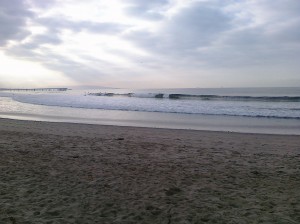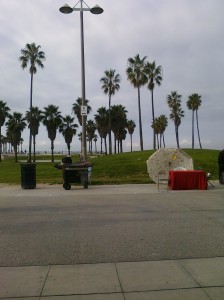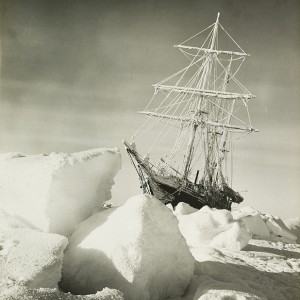 Maritime lit types like me have been waiting for a little while for Margaret Cohen’s new book. It was worth waiting for. She covers several centuries of English and French literature, with major treatments of Defoe, Melville, Hugo, Conrad, and many others.
Maritime lit types like me have been waiting for a little while for Margaret Cohen’s new book. It was worth waiting for. She covers several centuries of English and French literature, with major treatments of Defoe, Melville, Hugo, Conrad, and many others.
The really great thing about the book, esp its quite amazing first chapter, is the focus on what she calls “mariner’s craft.” Taking an episode in which Cook manages to get his ship off a reef in the South Pacific as the focalizing narrative, Cohen outlines the 14 central feature of the skilled labor that Homer called “metis.” From Prudence and sea-legs through jury-rigging and collectivity to Providence and practical reason, she produces a wonderfully detailed vision of how sailors imagined themselves working on the sea.
The bulk of the book connects that collective knowledge , assembled by generations of writers and sailors — the quote I use as a title for this post is from Champlain — to help understand the international maritime novel. Her readings of Defoe, Conrad, and Hugo’s Toilers of the Sea (which she rightly notes should be translated as “Workers of the Sea”) are especially good. Conrad writes “craft’s eulogy,” she observes, and Falconer’s poem “The Shipwreck” attempts to connect maritime craft to the emerging aesthetics of the sublime (122-5).
I also appreciate the final gestures toward Pynchon’s Whole Sick Crew. Who will write the much-needed study of old Tom as sea-writer?










